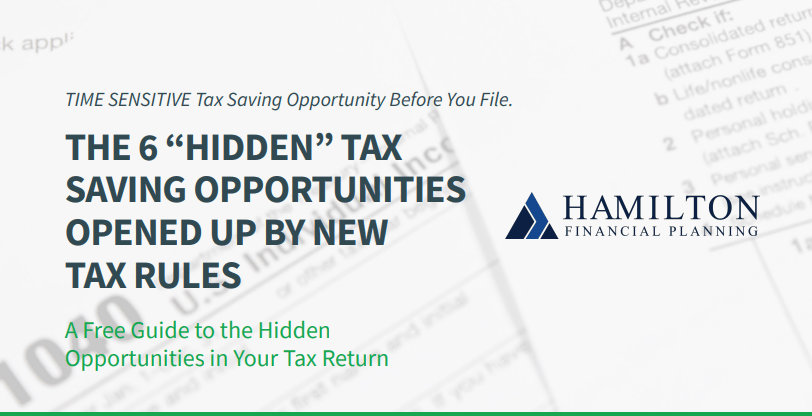8 FAFSA Must-Knows
Preparing for college can take a lot of paperwork, research, and fortitude. With the rising costs to attend college, securing financial aid is becoming more important than ever. To be able to be considered for financial aid, grant money, and a number of possible scholarships, you are required to complete the Free Application for Federal Student Aid or FAFSA.
If this is your first time filling out a FAFSA form, it can seem daunting, but the eight must-knows below can help you prepare for what to expect and may help the process go a little more smoothly.
Table of Contents
8 FAFSA Must-Knows
1. Everyone Should File
Even if you think the income in your household is too high to qualify, you might be surprised. College can be expensive, and FAFSA takes this into account as well as the number of people in the household and basic living costs that a family can face. You may be entitled to scholarships, grants, or even low-interest loans with much more borrower-friendly terms, so it is definitely worth the short period of time it takes to file.
2. It Needs to Be Filed Every Year
Unfortunately qualifying one year does not mean qualifying the next as income and expenses can change over time. Much of the information they request for FAFSA is from your tax return, so a good rule of thumb is that when it comes time for tax season it is time to refile your FAFSA. The good news is that after filing the first time, most of the information will be pre-filled, so all you have to do is make adjustments.

3. If You Are Granted Aid You Will Still Need to Accept It
Once your FAFSA application has been reviewed, you will be given a letter showing you the aid that is available to you and this same information will be reported to the college you plan to attend. Receiving this letter does not start the funding. You will be required to accept what aid you wish to utilize before it can be disbursed.
4. File as Early as You Can
Your FAFSA can be submitted as early as October 1st, and even though you may not be approved until your tax return is processed to verify the information, it can be to your benefit to file early. Some forms of financial aid have more limited funds and will offer it to students on a first-come, first-serve basis.
5. You Will First Need to Register for an FSA ID
Before you begin working on your FAFSA forms, you will be assigned an FSA ID which will identify you throughout the paperwork process. It is important to note that each person on the application will need to obtain their own ID, so both the student and a parent will need to file for an FSS ID. Make sure to write down this ID as it will be used multiple times throughout the filing and acceptance process. This ID will also serve as your electronic signature during the filing process.
6. You Can Edit Your FAFSA
If anything changes that were submitted on your FAFSA form, you are required to edit it even if it has already been submitted. This can include a change in dependency or the number of household members. You also will be able to make any corrections that were simple errors during filing. This can be done for every section except for the social security number.
7. Include All the Schools You Have Interest in
Even if you have your heart set on one school, it does not hurt to fill in any other school you might consider attending. You can enter up to 10 schools, and each of these schools will receive your FAFSA information. Schools will use this information to let you know which scholarships and other financial aid you may qualify for that is specific to their school. Sometimes the amount may be just enough to sway your decision.
8. Report Everything Accurately
The FAFSA form is a government form that is thoroughly checked for accuracy. By failing to report everything accurately, in hopes of qualifying you for more, can get you banned from applying for financial aid in the future and actually result in legal consequences. To avoid costly mistakes, make sure that you have all of your financial information and tax returns in front of you so you can ensure the best accuracy.
Take advantage of the benefits FAFSA can provide for your college funding by making sure to file for it each year. By knowing what to expect and being properly prepared you will find the process less daunting and more likely to be rewarding.
Get The Insurance Coverage You Need
If you are still unsure as to whether or not you need an umbrella policy, our team at Hamilton Financial Planning can help! Schedule a complimentary get-acquainted meeting online or reach out to us at 512-261-0808 or scott@hamiltonfinancialplanning.com.
About Scott
Scott Hamilton is the founder and chief financial officer at Hamilton Financial Planning, a wealth management firm that specializes in providing comprehensive financial planning for retirees in Dallas, Houston, and Austin, Texas. With over 20 years of experience in the financial industry, and has completed over 250 financial plans for retirees across all industries, but mostly the oil and gas industry, Scott is passionate about providing his clients with the tools and insight they need to achieve their financial goals.
He has a Bachelor of Business Administration in finance from Texas State University and an MBA in international finance from Pepperdine University. Scott has also been happily married to his wife, Gayle, for over 25 years. To learn more about Scott, connect with him on LinkedIn.

